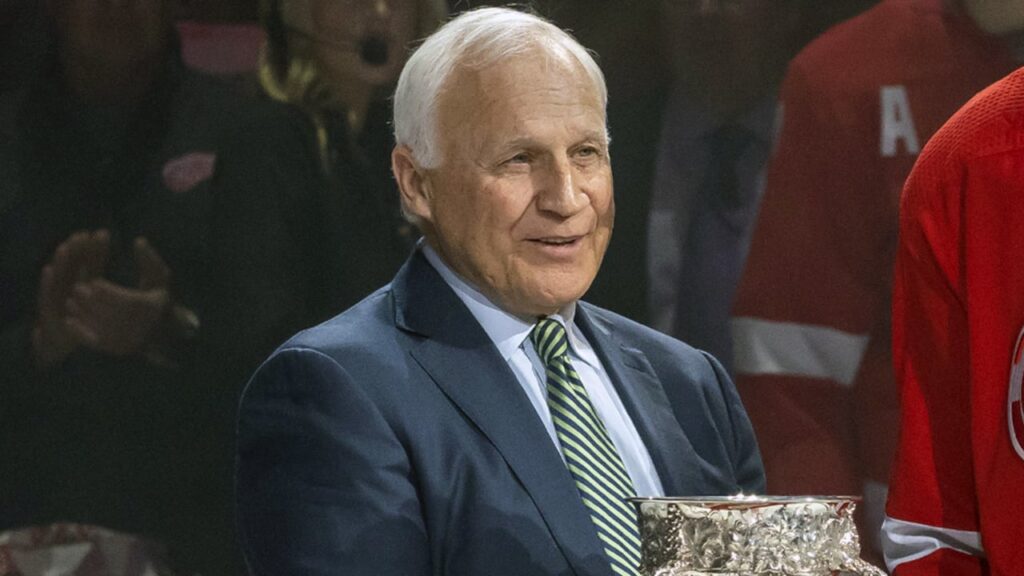After retiring in 1985, Campbell became an assistant coach with the Red Wings, a position he held until 1990. He then joined the Rangers as an associate coach for three seasons, was named coach of Binghamton of the American Hockey League midway through the 1992-93 season and was promoted to coach in 1994, succeeding Mike Keenan, after New York won the Stanley Cup.
Campbell led the Rangers to the Stanley Cup playoffs in each of his first three seasons as manager and reached the Eastern Conference finals in 1997. He had a record of 118 wins, 108 losses and 43 ties in those four seasons.
“Colin Campbell truly lived the hockey life,” NHL Commissioner Gary Bettman said, “Few people in the history of our great sport have contributed so much to the game and dedicated themselves to making it better in so many ways.”
“A standout junior player, Campbell's relentless dedication to his craft and selfless willingness to fight for his teammates led him to an 11-year NHL playing career as a stalwart defenseman. As an assistant coach, he was an integral part of building the foundation of what would become a dynasty in Detroit, and later teamed with Mike Keenan to lead the New York Rangers to a championship in 1994.
As head coach of the Rangers, Campbell led playoff upsets in each of his first three seasons and led New York to the Eastern Conference finals in 1997.
Campbell joined the league shortly after being released by the Rangers during the 1997-98 season and spent the next 25 years working in hockey operations, officiating and central scouting.
Because of all Campbell has accomplished in sports, Bettman said, “there is no one more deserving of induction into the Hockey Hall of Fame.”
“We often say that everything we do in the league starts with the game,” Bettman said. “And since 1998, the game has been Colin's responsibility. He was at the center of the summits with players, coaches and executives that 'opened up' the game in 2005. And he's been central to the formulation of every rule change and innovation since then, perhaps most notably the modernization and centralization of video review of both in-game officiating and supplemental disciplinary actions. All of this has been focused on promoting aggression, speed and skill while preserving the physical element of the game. These changes have transformed hockey at every level around the world.”
“I feel blessed to have had Colin by my side for the last 26 years and am proud to call him one of my closest friends. In all the time I've worked in this industry, no one has defined the word 'builder' more than he has.”

